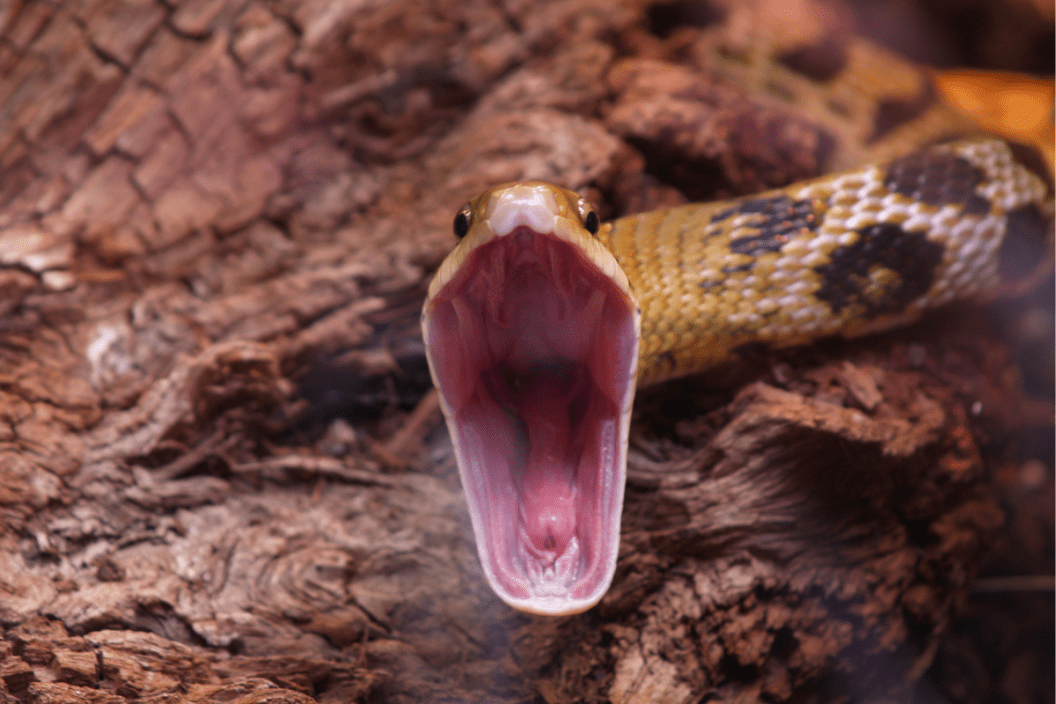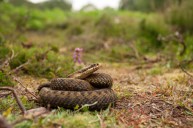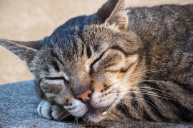Humans yawn as a sign of tiredness, but what about for an exotic pet like a snake species? Here's what you need to know about yawning snakes.
Snake yawning is also referred to as "mouth gaping" and snake owners should watch and observe their snake to determine how often this is occurring and under what circumstances.
The reason for yawning or mouth gaping may mean nothing, but it may also point to serious illness. If your snake doesn't stop yawning, you should consider making a vet appointment immediately.
Why Do Snakes Yawn?
1. Before Eating
"Yawning" is a sign your snake may either be getting hungry, or they're preparing for its meal when it notices that you're about to feed it — especially a large one.
This resembles yawning as the snake will stretch its jaws very wide to accommodate swallowing large prey whole — In doing this, snakes are stretching the ligaments in its jaws, allowing the lower jaw to unhinge.
2. After Eating
After devouring its food, snakes may be aligning their jaws after eating. The act of eating may cause some discomfort, so be sure to watch your pet snake's mouth.
It will likely "yawn" at least once after a meal.
3. Potential Respiratory Infection
This act of yawning could be a sign of illness or a sign of disease.
Snakes can gape because they aren't getting enough air. Yawning opens the airways, allowing more air into the lungs. Respiratory infections or respiratory diseases can cause a snake to have issues breathing.
4. Inclusion Body Disease
Snakes for Pets explains that,
"Inclusion body disease is a viral disease that affects captive boids, especially the boa constrictor. While there is a cure for respiratory infection, there is no cure for IBD, and the condition is fatal."
5. Just Stretching!
Snakes are immobile for long periods throughout the day and night. When it starts to move again, it may gape in order to get ready for the day.
This article was originally published March 12, 2020.
READ MORE: CALIFORNIA'S 9 MOST COMMON SNAKE SPECIES




